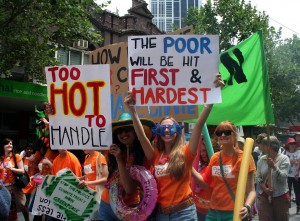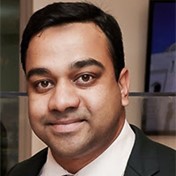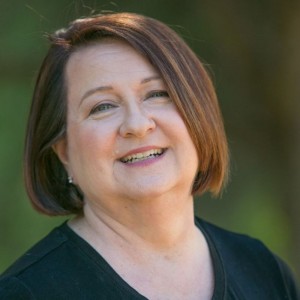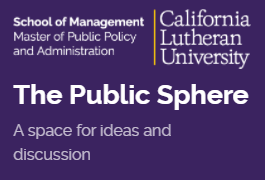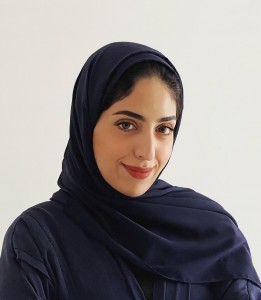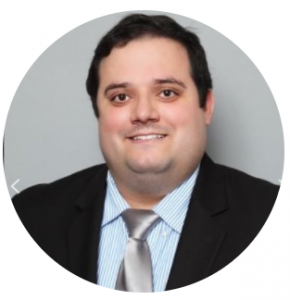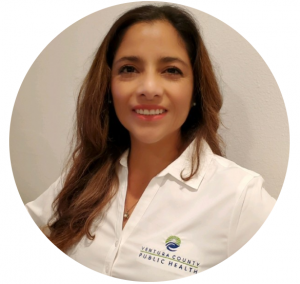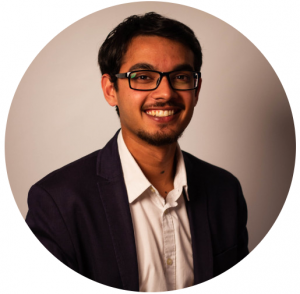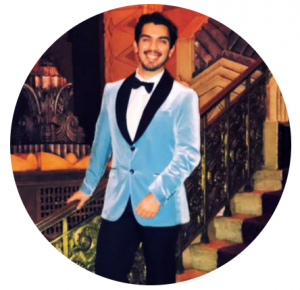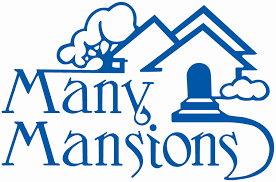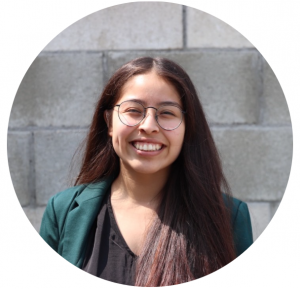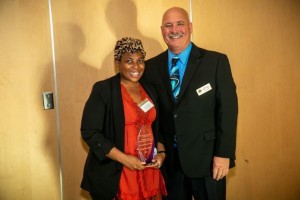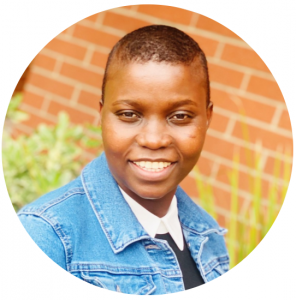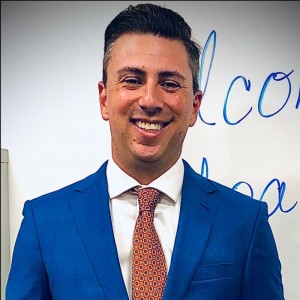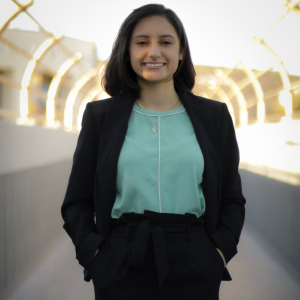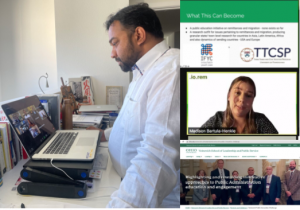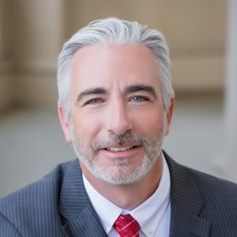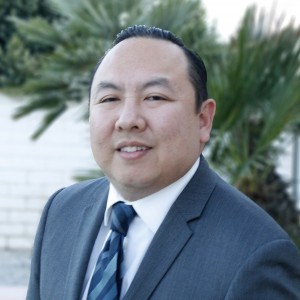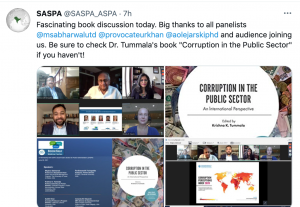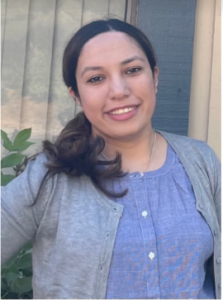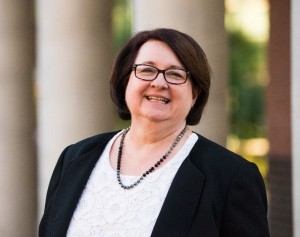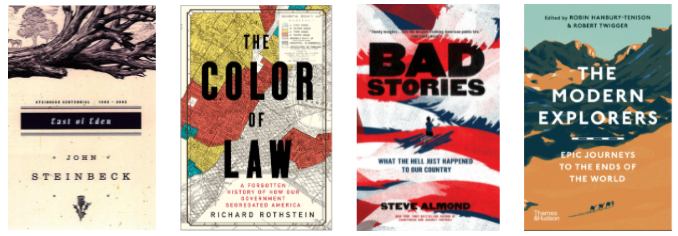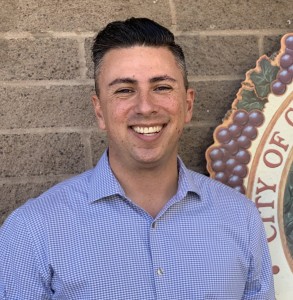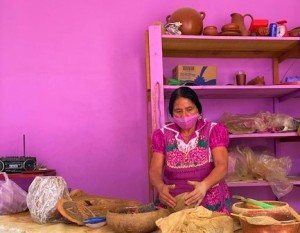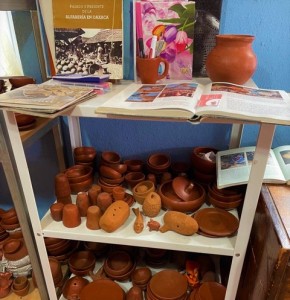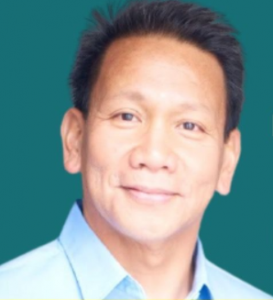
1. Congratulations on winning the Toastmasters’ Club Level International Speech Contest and participating in the Peacewriter Prize Competition! For those who don’t already know you and all your many interests and accomplishments, could you introduce yourself to the MPPA community?
Thank you. I won the Area 6 Contest in November 2021 and will advance to the Southern Division contest in March 2022. The International Speech Contest is 5-7 minutes long: anything less than 4.5 minutes or over 7.5 minutes results in a disqualification.
I did not place in the top three essays in the 2021 International Peacewriter Prize Competition, Brussels, but many colleagues have mentioned that I could teach an entire college class with the elements I wrote about.
I was born in Southern Philippines where the dialect is Cebuano – a mixture of Spanish and Malay – not Tagalog (the national language). The Spaniards colonized the islands for over 375 years, and as a result, the Philippines became the only Christian country in Asia.
My parents came from a very humble background, yet they ultimately became professionals. My father was a lawyer for the government and my mother a public health nurse. We immigrated to the US in the 1980s during the height of martial law. Even though I was always an honor student, unaddressed trauma led to trouble; I never finished high school. I enlisted in the US Army with a GED and a Green Card, where I flourished in the competitive and disciplined environment.
On two occasions, I failed the 21-day Special Forces Assessment and Selection Course– I made it on the third attempt. Of the 4,000 that apply annually, approximately 3% earn the Green Beret. Incidentally, the Green Beret is the only military headgear that was established by Presidential Decree by John F. Kennedy.
While in the Army, I volunteered to study the Arabic language for 18 months at the Defense Language Institute in Monterey, CA. I maintained a near-native proficiency until I left the Army. After 21 years, I was medically transitioned due to injuries. The ensuing years were physically and psychologically difficult . I could not walk without walkers, crutches, or canes. I could only think in five second increments into the future. The lack of sleep fueled my anxiety.
Thankfully, with the help of surgeons, I can walk again. With one GI Bill, I earned two graduate degrees: an MBA in Global Management from ASU Thunderbird School of Global Management and an MPPA from California Lutheran University. Additionally, I earned a scholarship at the Academy of Competitive Intelligence in Boston where I learned to recognize threats to business.
I’m married to Cecile who was a rock while I was away on deployments and was a boulder to lean on during my recovery. She is a career nurse with certifications in Med-Surg and Critical Care Nursing. My three boys are all grown, and two are still in college. All of them play music: drums, piano, guitar, and trombone. A few years ago, we rescued Mia, the kindest, best, and most lovable Bichon Frise. She’s the daughter I never had.
2. As you mentioned to me in the past, Toastmasters is a program that helps others develop their public speaking abilities. What motivated you to get involved with the program, and are you able to touch on the topic of your winning speech and why you chose it?
I have always been an introvert and extremely shy. I prefer to be in a library surrounded by books and magazines. However, in the Army, an outward-facing persona is non-negotiable. When I shifted to Special Operations, I had to present to senior US military leaders, Ambassadors, State Department executives, and foreign allies. I quickly found that public speaking and presentation skills were key to relationship-building and long-term global success.
I am grateful for Toastmasters because it is affordable and structured for success. I improve quickly because of the supportive environment. No one is criticized in Toastmasters. We use the Oreo Method/Taco Method. Critiques begin with things that went well, followed by suggestions to improve, and always end with positive comments.
The title of my speech is “The Enduring Quality of Grit.” It’s 6.5 minutes long and is based on my life story. The speech starts out with life as an abused child, bullied teenager, and being held down while others tattooed a green dot on my forehead. I felt worthless. I hated looking at myself for many years. The tattoo is still there today.
The topic then switches to Army life and transformation from oppressed to Green Beret. Halfway through, I take the audience through living with excruciating pain due to injuries: it was a period full of despair. When I could not walk, I felt that bullies would come after me again. The accumulation of anger and sadness tore my family apart. At the end, I speak about the ability to walk again, self-forgiveness, and my family coming back together with more love and respect for one another.
To pay it forward, I buy my wife flowers every single week. I live the best version of myself every single day. Most importantly, I give my healing away to keep it.
3. I have read your Peacewriter Prize essay, and it is both innovative and practical– something all policy solutions strive to be. What is the main point (or two) that you would like your readers to take away from your essay?
Thank you!
First: We must teach acceptance, not just tolerance. Finger-pointing does not solve problems. Open, honest, and frank communications is not only a good start, but also an energy-efficient, sustainable model for communities.
Second: The conventional military approach to peacemaking is an impatient model. The unconventional approach is more enduring, works through the legitimacy of the populace, and empowers communities to become self-sufficient.
4. Being a veteran, you possess a unique perspective and understanding on peace and strategies to establish it. How do you believe that perspective influenced or inspired the strategies you recommended in your essay?
As a child, I witnessed the negative effects of martial law in a one-industry, agrarian ecosystem in Southern Philippines. As a Green Beret, I returned to the same island after the 9/11 attacks to help assess the Philippine national counterterrorism policies, regional objectives, and local implementation of security programs. It was a unique professional opportunity that also clarified long-held beliefs since childhood.
The ideas are a blend of eclectic knowledge from the CLU MPPA, Global MBA, Competitive Business Intelligence, Area and Cultural Studies, Nonprofit leadership, work experience communities weakened by crises, and grassroots insight as a resident of many countries. Also, I am awed at the success of enduring international corporate brands– how they keep customers and clients engaged through feast or famine.
In the military, we built relationships through physical exercise. I have always been concerned for the welfare of the marginalized – the disabled politician, the child who does not yet possess adult strength, or the influential elderly leader who has become frail. They are still key nodes in the community, but cannot participate in conventional team-building exercises (i.e., catching someone who is falling backwards or running with their teammates). Their presence is more influential to the local culture than athletic prowess. Will they always feel marginalized or left out?
I found the answers in Pat Hanlon’s and Clotaire Ropaille’s books, and in Tuckman’s stages of team building. I figured out a way to build strong teams in a classroom setting, in office cubicles, without exercise or injury, that is inclusive of all members of the community.
Ultimately, I am inspired by the opportunity to build communities that are economically viable and socially responsible.
5. You mentioned that distrust is a major factor that keeps peace from being attainable in Mindanao, and I would venture to apply that same concept for the rest of the world. For those who are interested in becoming public administrators, what would you recommend they do to increase trust in their spheres of influence?
This is a very good question. I want to demystify trust with an analogy about branding with snacks.
My favorite snacks are easy to find, quickly identifiable, always look/taste the same, and have a logo/slogan/jingle that resonates with me. When I take a bite, the flavors are predictable and similar from one package to the next, year after year. If the flavor, logo, price, or slogan changes without warning, I lose trust, and I quickly choose a substitute. I’m okay with change if the company tells me in advance.
The same is true of administrators. To convey trust, one must be predictable in appearance, in action, and in speech. To keep the populace interested, we must schedule regular interactions (e.g., weekly meetings, monthly newsletters, certificates of appreciation, or annual celebrations) to set a tone of normalcy. And, if changes have to be made – with an aura of calm and confidence – administrators must occupy center stage to forewarn the community that the “flavor” of the community is about to shift.
People like to be surprised with “good” news; they do not appreciate being blindsided with “bad” news. Transparency lessens the subjective shock of a slight shift in policy.
When we empower through transparency, a few things happen: 1) tension is managed amongst all stakeholders; 2) the strategic triangle stays taut which keeps the three nodes uniquely recognizable; and 3) complex and complicated issues never become chaotic.
Thank you for your time in answering these questions! Congratulations again, and on behalf of the rest of the MPPA community, we wish you the best on your upcoming speech competition and projects.

